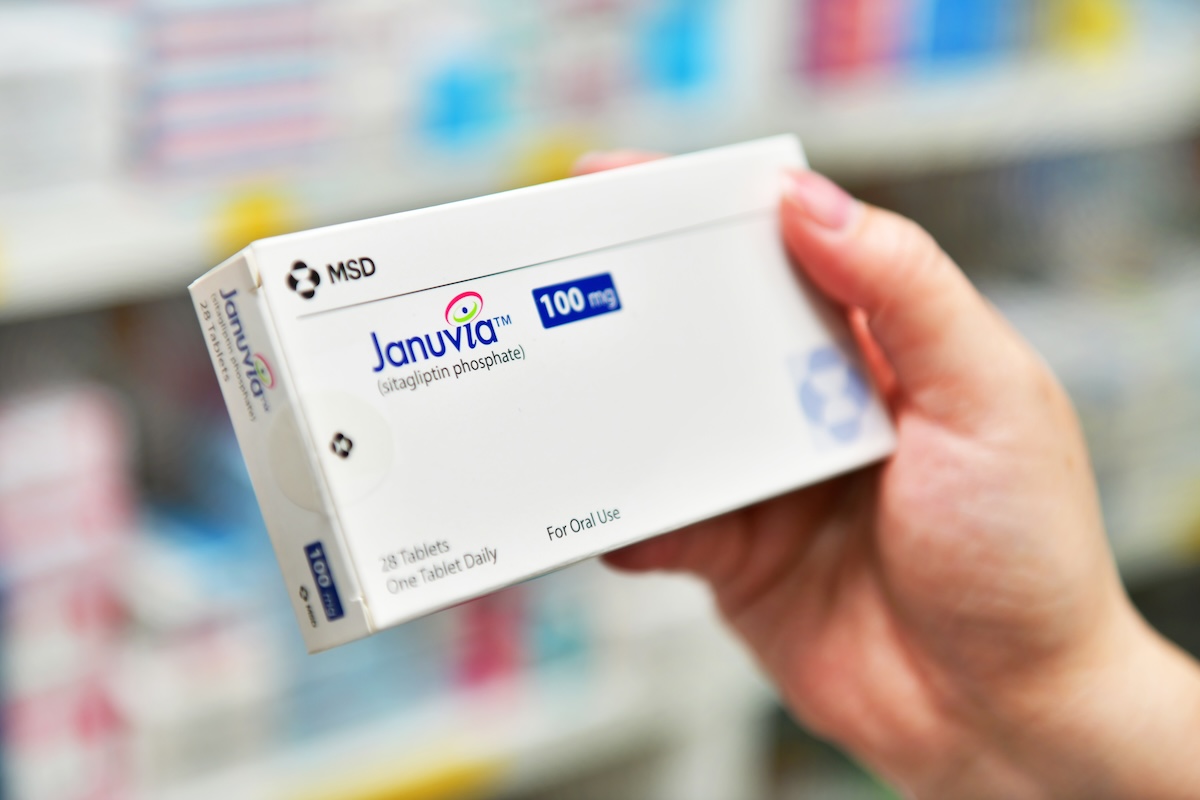If you have type 2 diabetes, you may have heard of medicines called DPP-4 inhibitors. These are the medications like Januvia and Tradjenta. They sound complicated, but their job is pretty simple: they help your body lower blood sugar by letting your own hormones work longer and stronger. Let’s break it down in plain language.
What Do DPP-4 Inhibitors Do?
When you eat, your body makes special gut hormones (called incretins) that tell your pancreas, “Hey, food is here—make some insulin!” But these hormones don’t last long; your body breaks them down quickly.
DPP-4 inhibitors (like Januvia, Onglyza, Tradjenta, and Nesina) block that “breakdown enzyme” so your gut hormones can hang around longer. That means more natural insulin after meals and less sugar made by your liver.
Think of it as keeping the “on” switch for insulin pressed a little longer after you eat.

Who Usually Takes Them?
- People with type 2 diabetes who need extra help after metformin
- Those who can’t tolerate other medications (like sulfonylureas or some injectables)
- Patients looking for a medicine that’s easy to take and gentle on blood sugar
How Do You Take Them?
- They come as a pill (no injections!)
- Usually taken once a day, with or without food
- Your provider will decide if it’s right for you alone or with other medicines
Side Effects and Considerations
- Usually mild: occasional runny nose, headache, or stomach upset
- Rarely: joint pain or pancreas irritation — let your doctor know if you notice severe pain
- Safe for most people, but dose may need adjusting if you have kidney problems (except linagliptin/Tradjenta, which doesn’t require adjustment)
- They don’t usually cause low blood sugar unless combined with other meds like insulin or sulfonylureas
Cost and Access
- Most are still brand-only, so cost can be higher
- Insurance often covers them, but you may need a copay card or discount program
- Talk to your provider or pharmacist about affordable options

Everyday Habits That Work Like a DPP-4 Inhibitor
Here’s the fun part: some lifestyle habits can mimic or boost what these medicines do!
- Eating more fiber (like veggies, beans, and whole grains) slows digestion, keeping gut hormones active longer
- Going for a walk after meals helps your body use insulin better and lowers after-meal spikes
- Evening out your carbs (not skipping then overeating) helps prevent huge ups and downs in blood sugar
- Staying hydrated keeps your body processing sugar more smoothly
These don’t replace medication, but they work hand-in-hand to make your medicine more effective.
Tips for Success
- Take your pill every day at the same time
- Check your blood sugar as advised so you and your care team can see how it’s working
- Pair it with healthy meals and regular movement
- Stay in touch with your provider if you notice new symptoms or if your blood sugars don’t improve
Key Takeaway
DPP-4 inhibitors help your natural insulin work better after meals, and they’re easy to take. Combine them with smart habits like adding fiber, moving after meals, and keeping consistent routines to get the best results.



